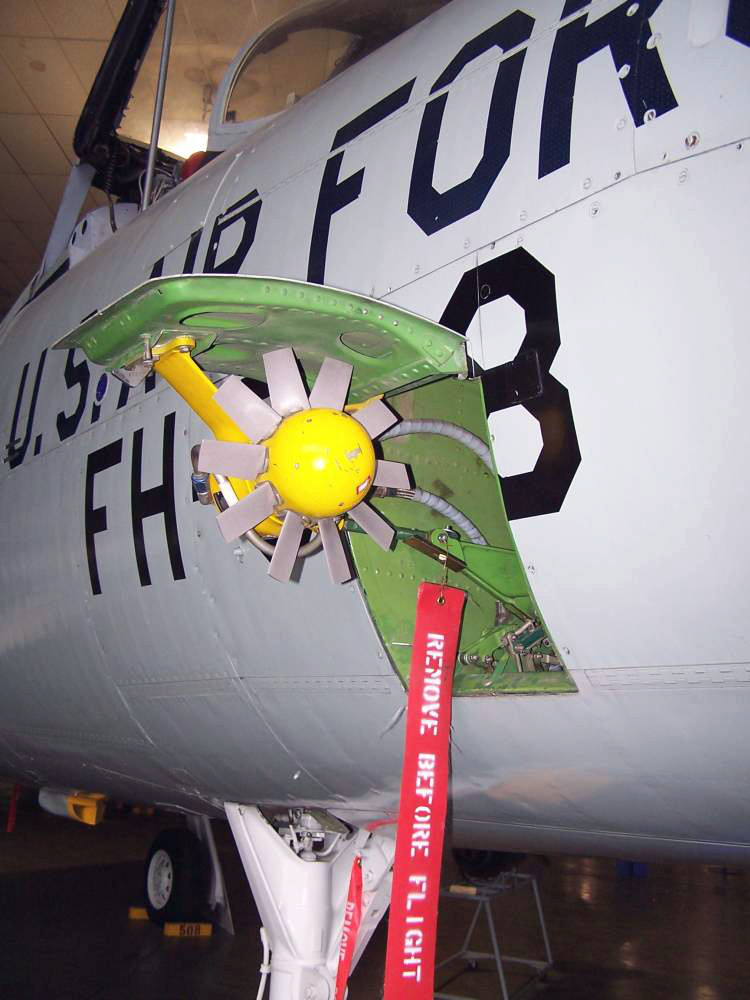Small aircraft have the flight controls physically linked to control surfaces by some kind of cable and pulley system. For a large aircraft such as a 747, are the control systems mechanically aided and if so, can they be used without power?
3 Answers
Flight controls are pretty hard to break
For the 747 (at least through the -400) specifically, the controls are entirely hydromechanical, so yes, they will work without electrical power. In general, all non-FBW airliners are this way.
FBW airliners vary, though. All FBW Boeings and the first generation FBW Airbii (A320 family, A330/340) have hydromechanical backups to the FBW system. The second generation Airbus FBW system, found in the A380 and A350, has abandoned hydromechanical backup controls in favor of independently powered electrical backup systems.
In addition, the chances of total electrical failure are extremely remote -- a failed engine will likely be windmilling (spinning from airflow through it) and thus turning its generator to provide some power, the APU has a generator on it in case all the engines seize up, and there is also a generator that is directly or indirectly powered by the Ram Air Turbine on airliners that use one (all non-reversion twins have one, and so do the A380 and the 747-8 -- earlier 747s don't, relying on windmilling engines for electrical and hydraulic power instead). Finally, the aircraft has batteries that can provide a limited power reserve if all these other systems fail. (FBW aircraft add to this with dedicated batteries for at least some parts of the FBW system.)
However, power loss is still a serious emergency
The main hazard posed by a severe electrical power failure, though, is trying to fly around in the clouds with one -- it can render you effectively "no-gyro", especially on older/smaller types that don't have a standby gyroscopic instrument with a dedicated power supply/internal batteries. There have been cases where small airliners have gone down due to power failures -- while the flight controls were working fine, without power or a visible horizon, the pilots became spatially disoriented, and you can guess the rest.
-
2$\begingroup$ I must ask: is
Airbiisupposed to be plural for "Airbus"? $\endgroup$– TomMcWCommented Oct 16, 2016 at 0:10 -
2$\begingroup$ @TomMcW -- indeed, it is :) $\endgroup$ Commented Oct 16, 2016 at 0:10
It depends on the airliner. In case of large airliners, the control surfaces are usually actuated by hydraulics, which in turn are controlled by (signals from) the Flight control Computer.
In case the electrical supply fails (extremely low likelihood actually), some aircraft have mechanical backup, while the others haven't got anything, apart from aircraft like 787, which have their controls actuated by electrical power and are dead once electrical supply fails.
However, the present trend is to move away from mechanical backup systems- so most modern aircraft are not controllable in case power supply fails. The evolution of Airbus backup controls illustrates this point:
• A320: full FBW controls, mechanical Back-up (Pitch Trim & Rudder)
• A340/A330: like A320, additional Yaw Damper to improve Dutch Roll damping even in Back-up mode (BYDU with hydraulic micro generator)
• A340-600: like A340 for pitch, Rudder becomes fully Electrical (BPS + BCM : Back-up Power Supply + Control Module)
• A380: like A340-600 for Yaw control + BPS + BCM also power
Electrical Pitch Back-Up (elevators) linked to side-stick
Electrical Roll Back-Up (ailerons) linked to side-stick
Pitch Trim (Wheel is replaced by Switches).
You can see that while older aircraft designs had mechanical backup systems, newer ones tend to have electrical ones. However, the probability of all the electrical supply failing at the same time is quite remote.
-
1$\begingroup$ It would be worth adding that aircraft have a RAT to provide power in case other supplies fail $\endgroup$– Notts90Commented Oct 15, 2016 at 19:05
Specifically speaking, no they cannot. However, most planes carry a generator that is powered off the wind, and thus the planes forward momentum. This allows the plane to be flown without a functioning engine and power source.
This image shows the ram air turbine on F-105 Thunderchief fighter-bomber:
-
1
-
1$\begingroup$ @Firee: "When all of the airplane’s electrical power is lost and the airplane has an airspeed greater than 100 knots (kts), the RAT will automatically deploy and begin providing electrical power. The RAT was found in the extended position when the airplane was recovered from the water. ... the pilots stated that they determined that electrical power was established and, therefore, that the RAT did not need to be manually deployed. Further, immediately after the loss of engine thrust, the captain started the APU. " $\endgroup$ Commented Oct 16, 2016 at 12:03
-
2$\begingroup$ @Firee, yes, it did. Briefly. Then they started the APU, which provides more power, to restore complete functionality—in A320, the RAT does not power all three air data units due to which the aircraft is in alternate law when flying with RAT. Starting APU returned them to normal law, which turned out helpful during landing. $\endgroup$ Commented Oct 16, 2016 at 12:17

